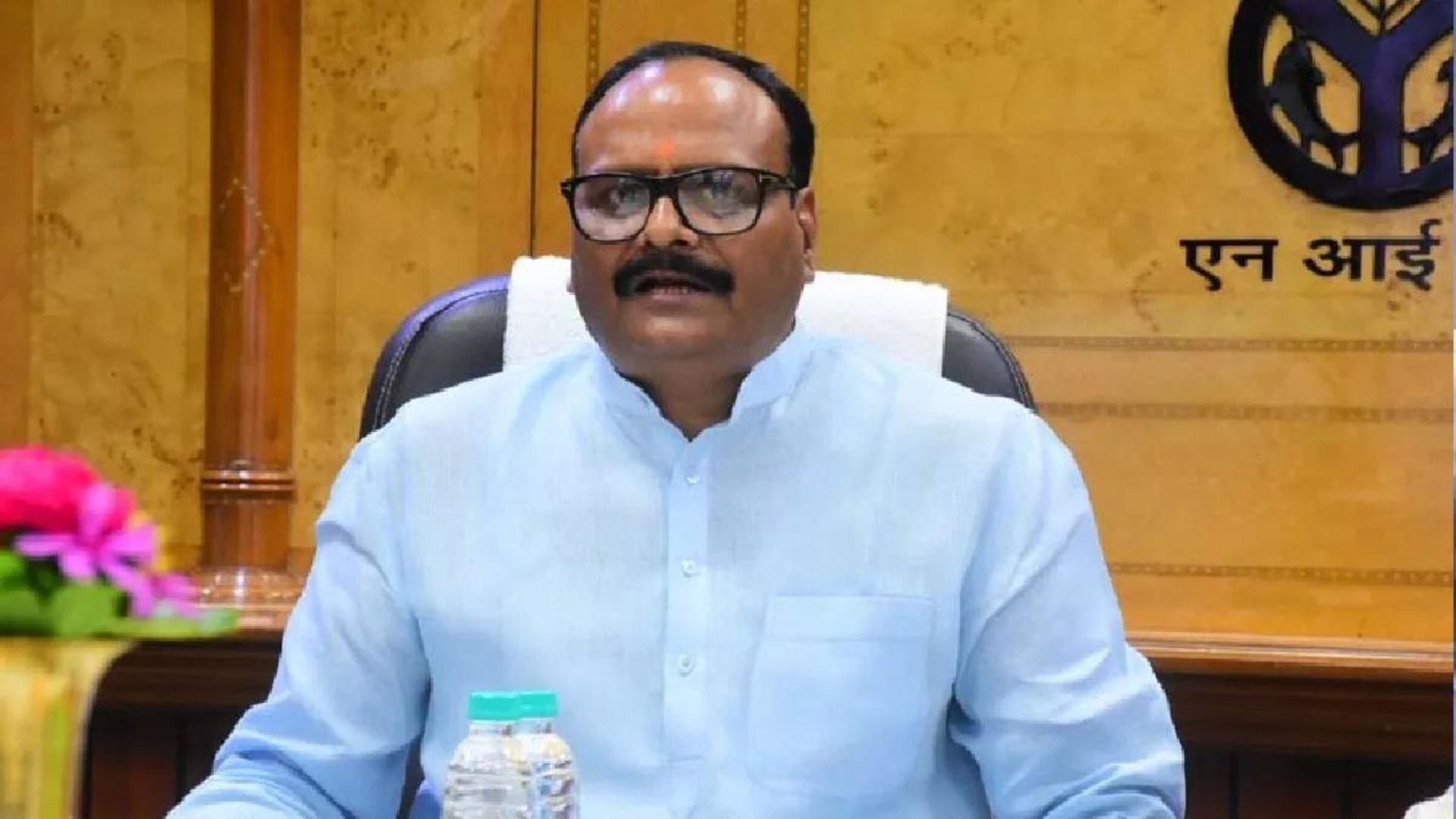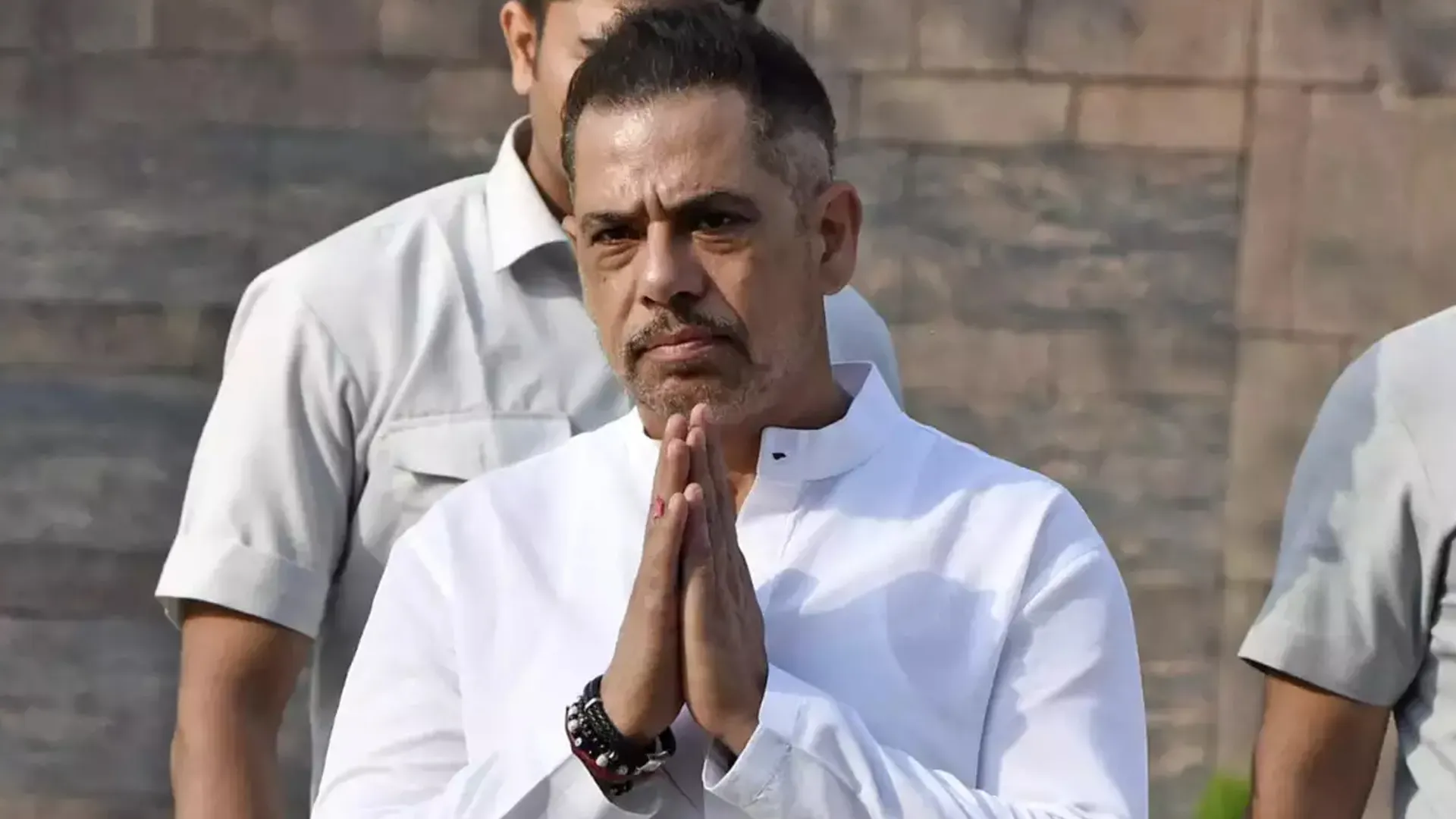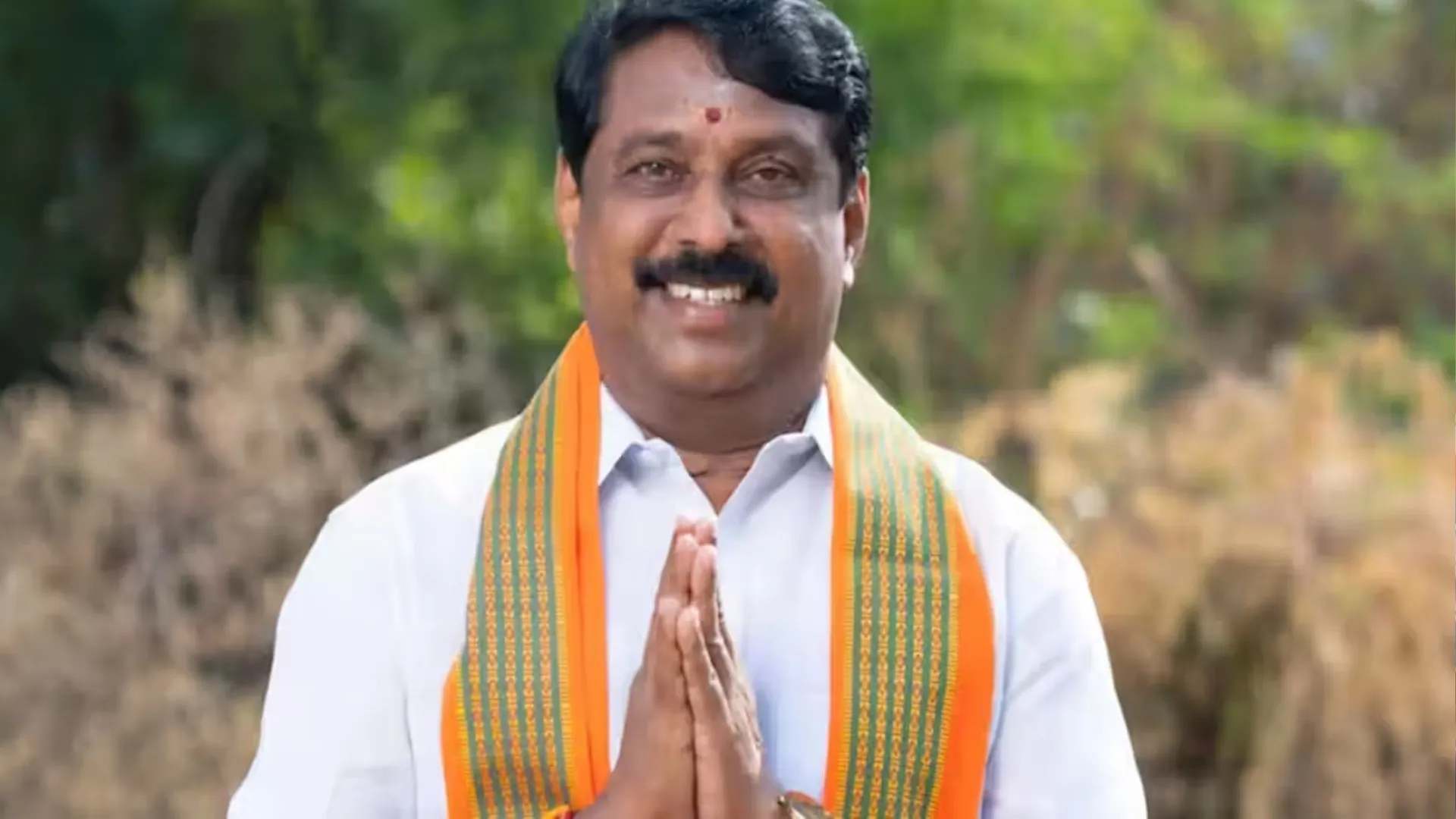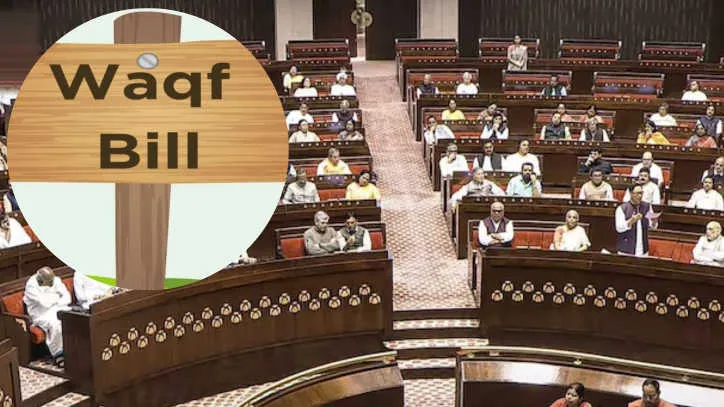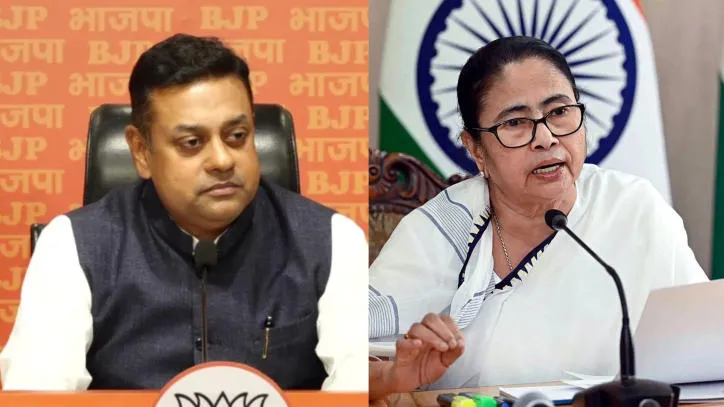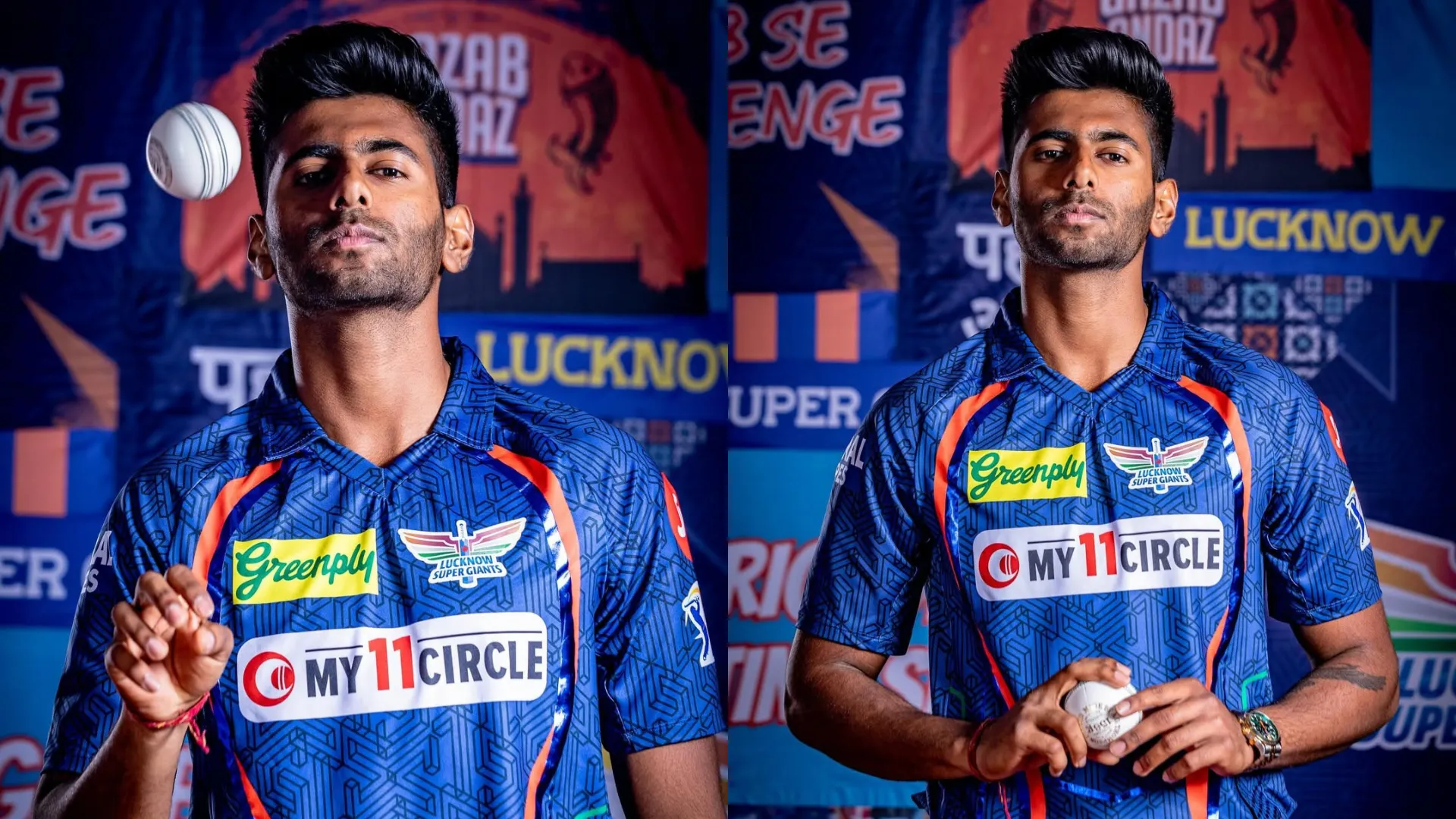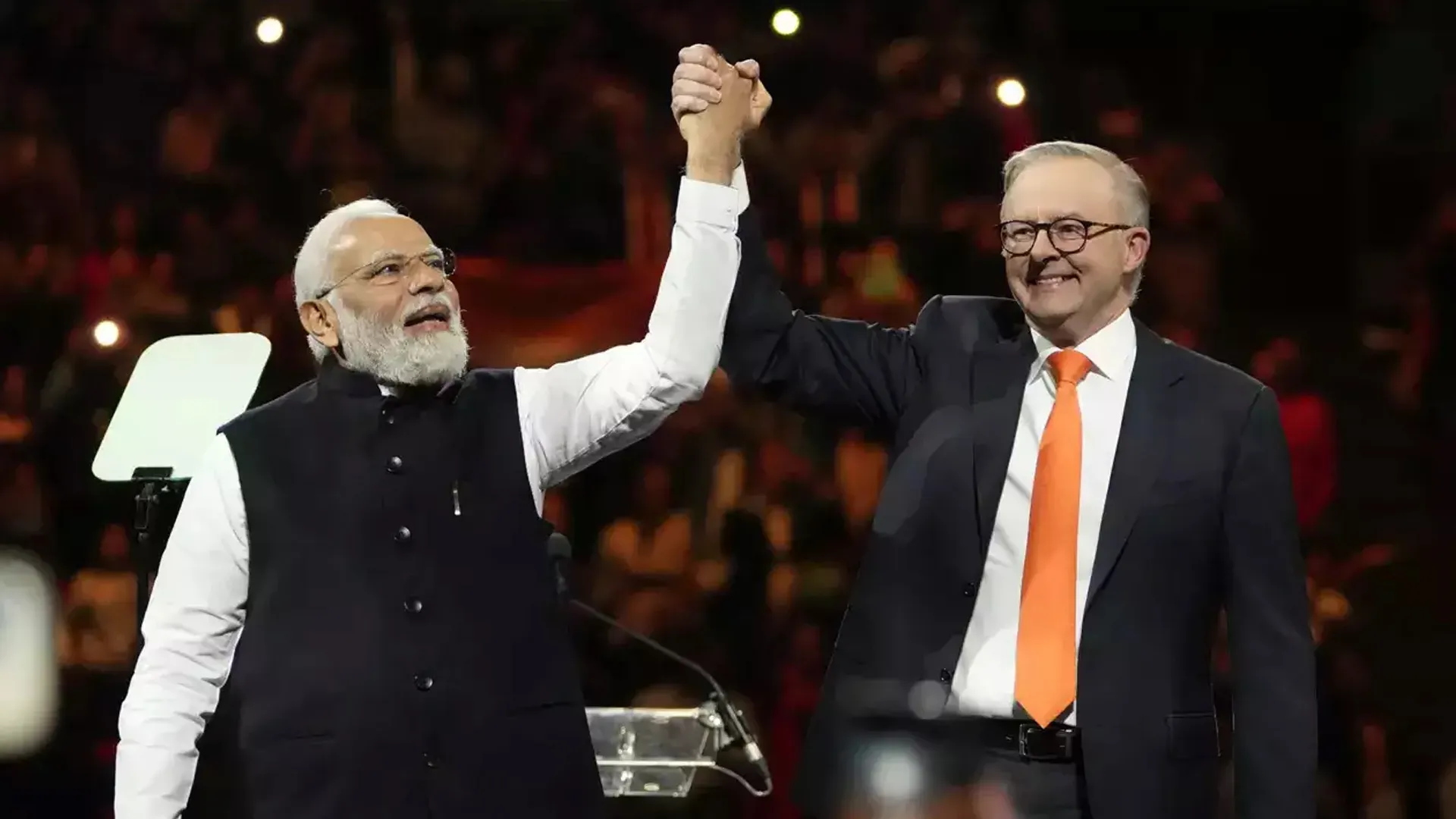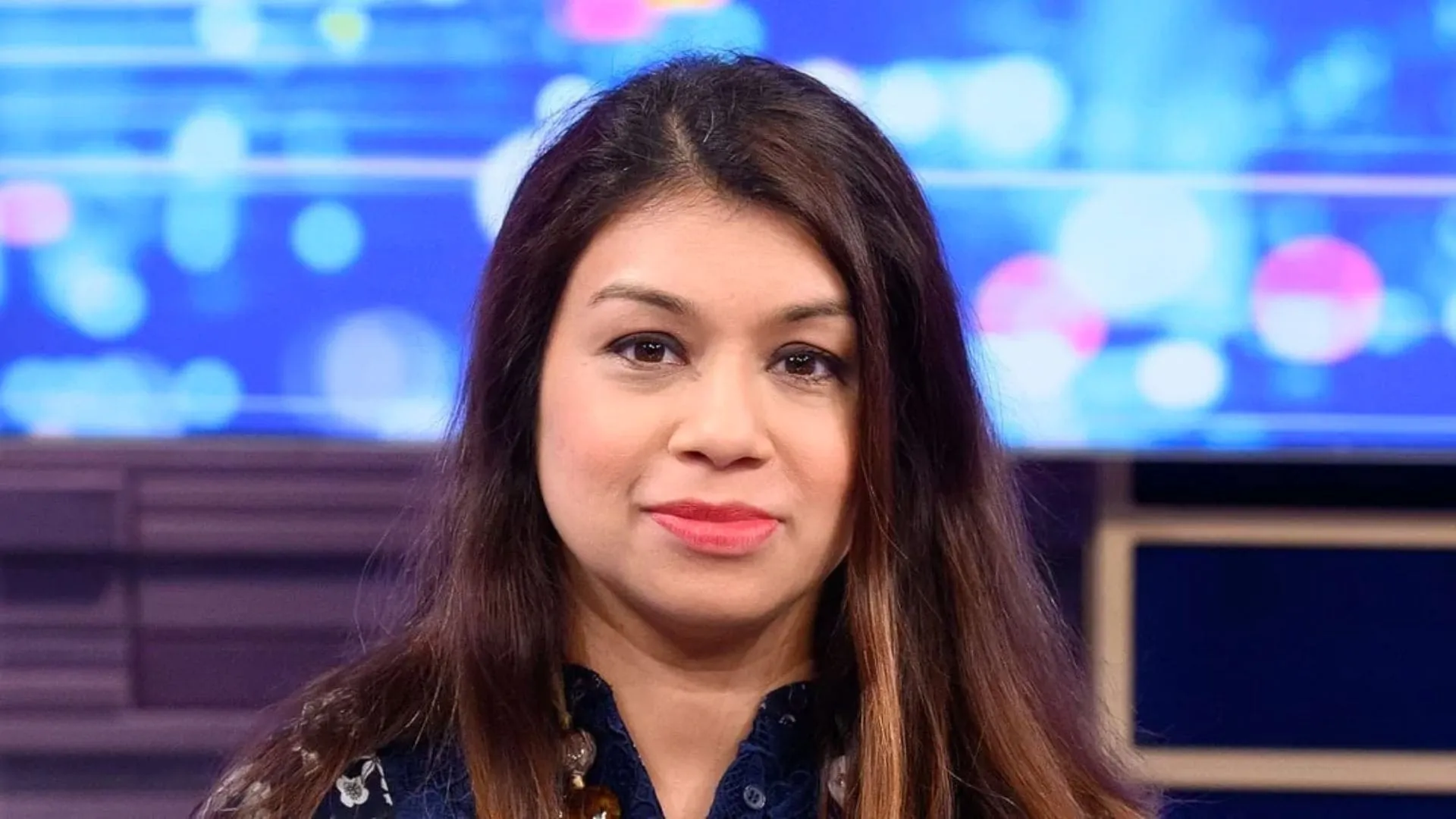Uttar Pradesh Deputy Chief Minister Brajesh Pathak criticized opposition parties, stating they lack any clear agenda or policy.
“BJP’s wave is going on in the entire state. The opposition is scattered and they have no agenda or policy. Under the leadership of PM Modi, BJP will win all 80 seats,” said Brajesh Pathak.
On Sunday, Prime Minister Narendra Modi engaged with Bharatiya Janata Party workers from Varanasi, Uttar Pradesh, reaffirming the party’s dedication to development.
During an audio session at the “Tiffin Baithak” (meeting) with BJP workers, various topics were discussed, including the restoration of the Kashi Vishwanath corridor, women’s empowerment, infrastructure, and healthcare development.
“10 years ago, you entrusted me with the responsibility of being your representative for the first time. This year, I urge you to once again choose me as your representative and help the NDA win 400 seats in the Lok Sabha,” the Prime Minister said.
The Prime Minister noted the significant transformation of Kashi over the last decade.
“You all have witnessed the remarkable transformation of Kashi over the past 10 years. It’s imperative that we make people more aware of the works we have done and help ‘Modi ki Guarantee’ reach everyone,” he added.
“We people of the BJP are hard working people. We worked hard to break all our previous records. Therefore, records have to be broken in every booth, records have to be broken in the entire Lok Sabha constituency, records have to be broken in the entire Uttar Pradesh and entire India,” he said.
In a conversation with one of the party karyakartas, Rakesh Sonkar expressed, “In my constituency, women are pleased with the ‘Ijjatghar’, i.e the provision of toilets, along with the improved cleanliness in the city. The opposition’s efforts will falter here, just as in Varanasi, where people say, ‘Har Ghar Modi, Ghar Ghar Modi.'”
PM Modi is set to run for re-election from the Varanasi constituency. He secured victory in 2014 by defeating AAP leader Arvind Kejriwal and in 2019 by prevailing against Samajwadi Party’s Shalini Yadav and Congress leader Ajay Rai.
Prior to Modi’s tenure, Varanasi had been a stronghold for the BJP, consistently retained by the party since 1991, except for 2004 when the Congress’s Rajesh Kumar Mishra emerged victorious.
In 2014, the BJP secured an impressive 71 seats in the state. However, in 2019, contending against a formidable alliance between the Samajwadi Party (SP) and the Bahujan Samaj Party (BSP), the ruling alliance’s seat tally decreased to 64. Despite the BSP winning 10 seats, the SP failed to surpass five.
The Lok Sabha elections are scheduled to take place in seven phases starting from April 19. Uttar Pradesh, which holds the highest number of MPs, 80, will participate in all seven phases. With evolving political dynamics in the state, the BJP is leading a strong alliance, including parties like RLD, SBSP, Apna Dal (S), and Nishad Party, which strengthens its position.
Meanwhile, SP chief Akhilesh Yadav aligns with the opposition bloc, whereas Mayawati embarks on the electoral journey solo. Uttar Pradesh, with its 80 MPs, will vote in all seven phases of the Lok Sabha elections.
Voting for phases one and two is scheduled for April 19 and April 26. Subsequently, Uttar Pradesh will again go to the polls in phases three and four on May 7 and May 13. The electorate in Uttar Pradesh will also cast their votes in phases five, six, and seven on May 20, May 23, and June 1 respectively. Vote counting will take place on June 4.

